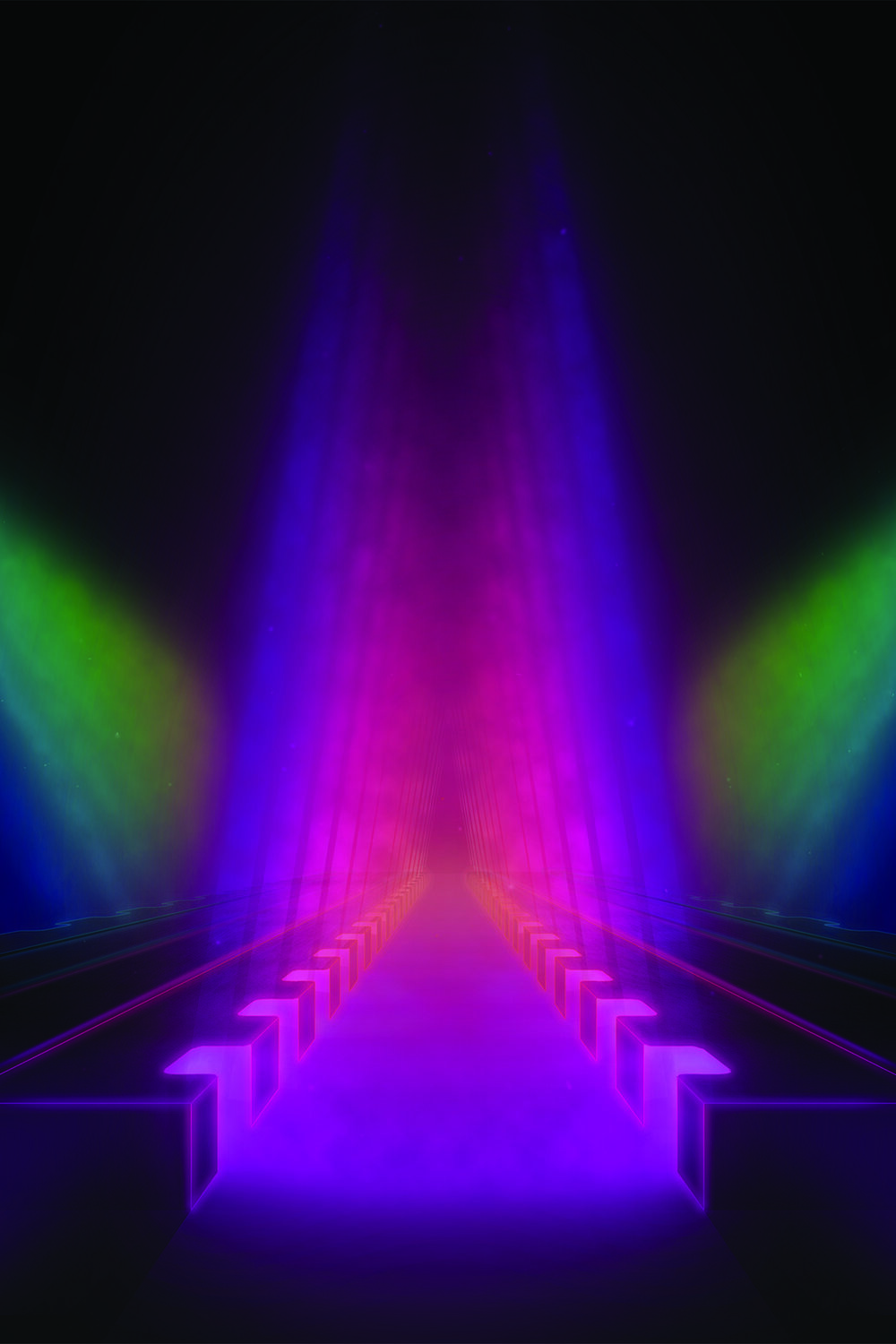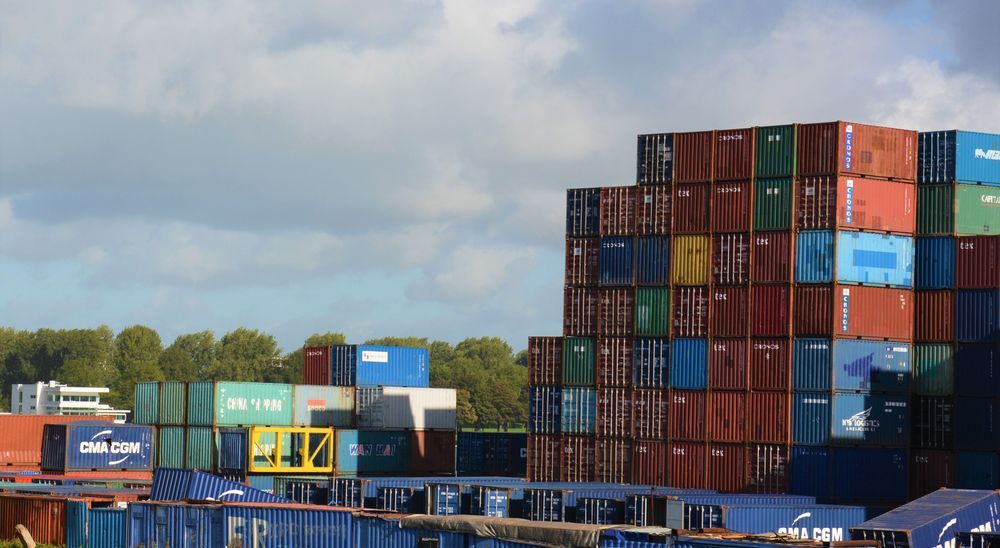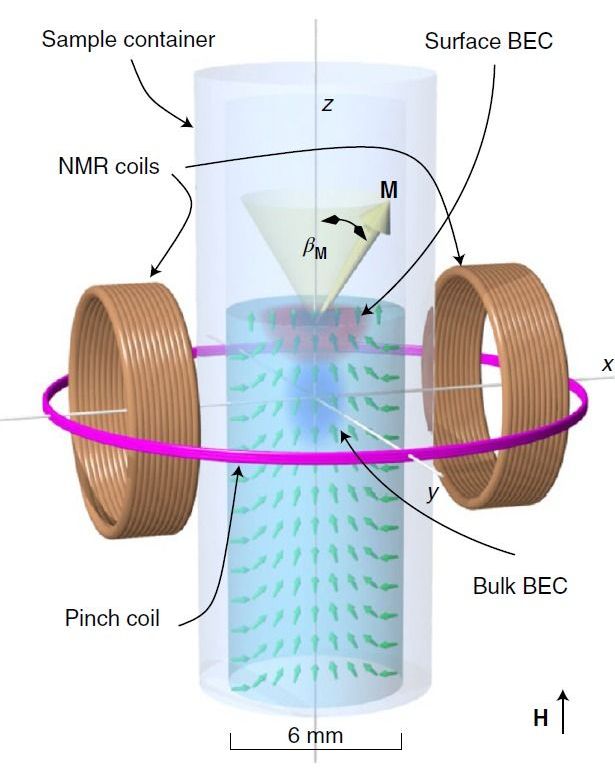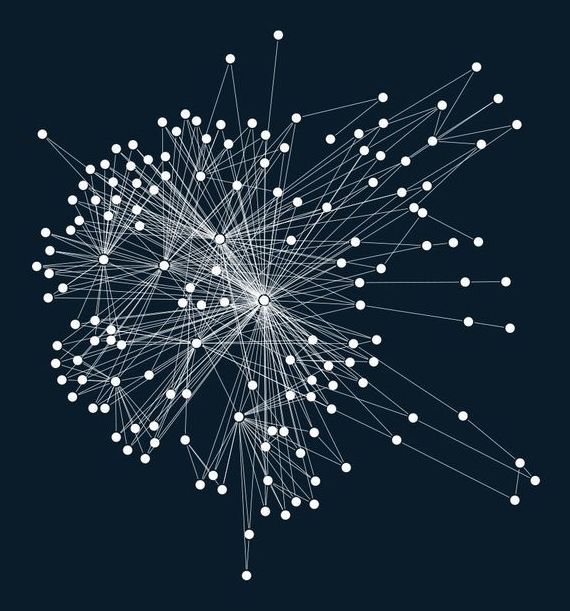
Get the latest international news and world events from around the world.



Scientists slow and steer light with resonant nanoantennas
Light is notoriously fast. Its speed is crucial for rapid information exchange, but as light zips through materials, its chances of interacting and exciting atoms and molecules can become very small. If scientists can put the brakes on light particles, or photons, it would open the door to a host of new technology applications.
Now, in a paper published on Aug. 17, in Nature Nanotechnology, Stanford scientists demonstrate a new approach to slow light significantly, much like an echo chamber holds onto sound, and to direct it at will. Researchers in the lab of Jennifer Dionne, associate professor of materials science and engineering at Stanford, structured ultrathin silicon chips into nanoscale bars to resonantly trap light and then release or redirect it later. These “high-quality-factor” or “high-Q” resonators could lead to novel ways of manipulating and using light, including new applications for quantum computing, virtual reality and augmented reality; light-based WiFi; and even the detection of viruses like SARS-CoV-2.
“We’re essentially trying to trap light in a tiny box that still allows the light to come and go from many different directions,” said postdoctoral fellow Mark Lawrence, who is also lead author of the paper. “It’s easy to trap light in a box with many sides, but not so easy if the sides are transparent—as is the case with many Silicon-based applications.”

COVID-19 outbreak hits Hong Kong container shipping port
Hong Kong’s biggest container port facility Kwai Tsing Container Terminals has been linked to around 65 coronavirus infection cases, Bloomberg reported.
According to local media outlets, the virus was most probably picked up from communal resting facilities and dormitories, where social distancing measures are difficult to implement as dozens of workers can be confined to the same place at the same time.
Most of the workers were linked to Wang Kee Port Operation Services Ltd. and were predominantly asymptomatic. Around 100 workers have reportedly been quarantined.




SpaceX launched and landed a Falcon 9 rocket on a record-breaking sixth flight
On August 18th, SpaceX launched a Falcon 9 rocket on its sixth mission to space, breaking the company’s record for reflights of a single booster. The rocket launched 58 of SpaceX’s internet-beaming Starlink satellites and three hitchhiking satellites from Planet.
Earth’s night sky as Milky Way and Andromeda merge
Billions of years from now, Earth’s night sky will change as the Andromeda galaxy rushes toward a merger with the Milky Way.